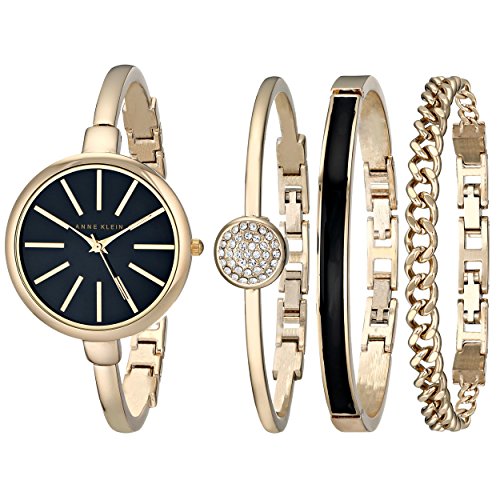Five Rules for Successful Gift Giving
Giving is an art. The best gift can lift a temper or enhance a relationship. It can restore wrongdoing, or sincerely remind a loved one which you care. Psychologists have long been fascinated by the issue of gifting, due to the fact it is a window into so many different vital human traits: how we see others, how we assign a cost to things, our decision-making abilities, and our capacity to empathize. “Humans are an exceptionally social species and one of the matters that units us aside is forming and keeping relationships with others. Gift-giving around holidays, birthdays, graduations or weddings is a great possibility to reinforce those relationships,”
Gifting has additionally emerged as an excessive-stakes business. We spoke to a few professionals to assist us to craft an easy manual for gifting.
Read on for five essential tips.
1) Don’t add a small present to a huge present Tempted to add a tie to a highly-priced shirt?
Some flora to go along with a bottle of grand cru champagne? Don’t. When we receive presents in a bundle, we have a tendency to unconsciously average out their price, so a small present tacked onto a huge one will harm the latter’s impact.
This is known as the “Presenter’s Paradox,” first uncovered in 2012 examine of the identical name, wherein members had been provided both an iPod by itself, or an iPod with a free download for one song. When requested how a great deal they might pay for it, those who provided the iPod with the reasonably-priced download valued it 20% less than the ones without. Conversely, members asked to pick which alternative they would present, overwhelmingly went with the one that included the download, demonstrating that in relation to present giving we fail to understand that (sometimes) less is more. “Imagine giving a person a highly-priced bottle of wine, with a few plastic cups to drink it out of — that at once devalues the present. That’s due to the fact human beings have a tendency not to think economically and rationally on those kinds of matters,”
2) Gift experiences as opposed to things The latest
iPhone turns into an antique fast. But a dream excursion or seeing your preferred artist in a live performance will come up with recollections that last forever. “Experiences frequently have more notion gone into them, and they devise greater bright memories. We may keep in mind the pill that a friend or a cherished one has bought us, however not as much as a two-week vacation to Florida — the recollections and the emotional attachment are higher than to a physical object,”. That, in a nutshell, is why ought to keep in mind an experience over a materialistic object. It’s a belief supported by the aid psychologist whose exploration indicates that cash spent on doing gives greater enduring happiness than money spent on having. Experiences additionally create anticipation, making the days or perhaps weeks leading to the occasion more pleasurable.
3) Gift cards aren’t bad Gift giving can be wasteful.
“We spend $10 on ourselves if we discover something that we anticipate is worth more than $10 to us,” Present giving is different, due to the fact we are now no longer shopping for ourselves,”. “So we are able to spend $10 on something this is worth much less than $10 to the recipient. It might be really worth nothing to them.” It glows! A look at the world’s maximum notable festivals, One thing that has the identical price for all people is cash. While gifting cash is trendy on some events in a few cultures, it is not for anyone and may be interpreted as lazy or may be offensive. What’s the following first-class factor?
“Gift playing cards have emerged as a great deal greater famous over time. And they are additionally very popular with recipients. Gift cards are not perfect — there is nonetheless a few perceived lacks of value and billions of bucks worth of them go unredeemed every 12 months — however, they are a better alternative than a rushed or poorly selected present.
4) Think just like the receiver
Let’s positioned it very simply: buy things that your receiver might purchase for themselves.
That may appear obvious, however, it occurs far much less than we would like. People have a tendency to use presents as jokes, encouragements to change one’s ways or to cue something about themselves as opposed to contributing utility (or happiness) to the receiver. The first-class way to get it perfect is to easily ask prematurely question, “what could you like? There are actually conversations amongst family associates to agree to give presents that everybody wants, as opposed to shopping] blindly.
5) Spend greater on others than on yourself
The final rule is a no-brainer: take into account the gift of giving. A study reveals that spending cash on others promotes happiness. The true emotions you could revel in from giving a person a gift they love may additionally last longer than spending cash on ourselves So at the same time as it is important to appearance after oneself, bear in mind there are gains to being more thoughtful to the ones around you. But if all else fails, keep in mind there is a purpose why we are saying that it is the idea that counts. “Don’t forget why you’re giving gifts…Most human beings do not need plenty of money spent (on) them — they simply need you to consider them, and that may be done in masses of tranquil ways,”







